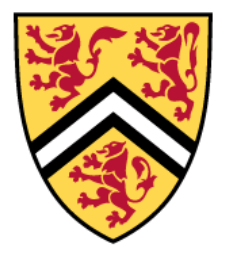
Erfan Amiri, PhD
Erfan Amiri completed his PhD in the Department of Civil and Environmental Engineering, under the supervision of Dr. James R. Craig. Amiri's research is primarily focused on computational analysis and software development for engineering problems. His current research concentrates on the numerical analysis of permafrost and the impact of heterogeneity on permafrost thaw patterns. Amiri earned his MSc at Sharif University of Technology in Iran between 2012 and 2015, under the supervision of Dr. Amir R. Khoei. His work during this period involved the extended finite element (XFEM) modeling of hydraulic fracturing in naturally fractured reservoirs, utilizing equivalent anisotropic permeability and compliance tensors.



